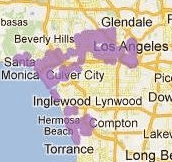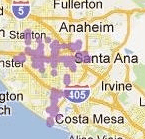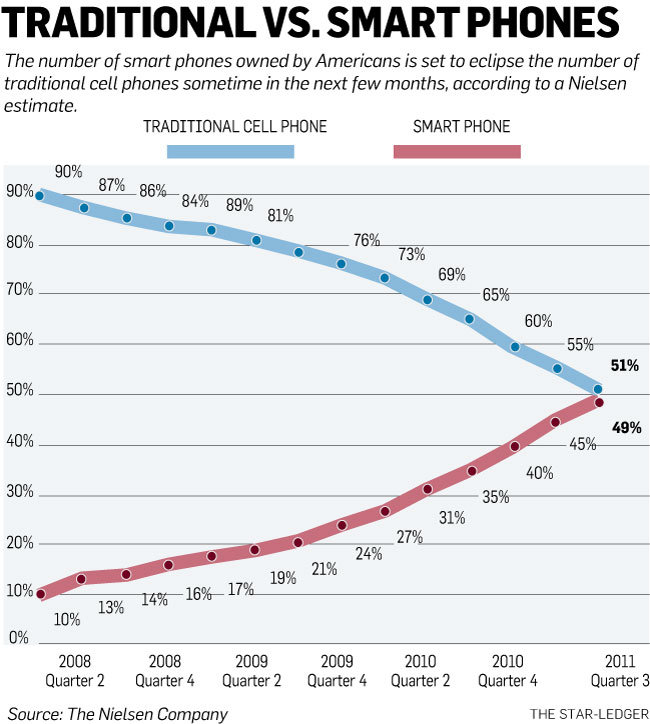 A new study from the University of Michigan suggests one U.S. cell phone company is intentionally throttling cell phone speeds by as much as 50 percent, potentially to engage in “deep packet inspection” of their customers’ wireless traffic.
A new study from the University of Michigan suggests one U.S. cell phone company is intentionally throttling cell phone speeds by as much as 50 percent, potentially to engage in “deep packet inspection” of their customers’ wireless traffic.
The researchers also found bad network management may be costing you up to 10 percent of your daily battery life.
The study, published by a team of researchers at the university and Microsoft Research, relied on nearly 400 volunteers running a diagnostic application while using 107 wireless providers around the world. Researchers found company policies at several carriers in conflict with practices guaranteeing the fastest wireless data speeds, maximum battery life, and protection from malware and other hacker actions like IP spoofing.
The researchers refused to name the biggest offending carriers, citing legal reasons, but rang the alarm that network performance and security was clearly hampered by management decisions designed to keep costs down and maximize company network efficiency, at the expense of the quality of your service. Among the conclusions:
- Microsoft engineer Ming Zhang believes the one U.S. carrier with dramatically reduced speed performance is probably using “deep packet inspection” techniques to analyze what individual customers are doing with their wireless connections. The overhead from that inspection process is implicated in reduced speeds and performance;
- At least 11 wireless carriers are hurriedly shutting down TCP data connections that applications want to leave open in order to communicate on the network. When an app discovers the data connection has been closed, it has to request a new connection, wasting up to 10 percent of daily battery life;
- Four of 60 cellular networks allow IP spoofing, which can make hosts vulnerable to scanning and battery draining attacks even though they are behind a firewall.


 Subscribe
Subscribe






